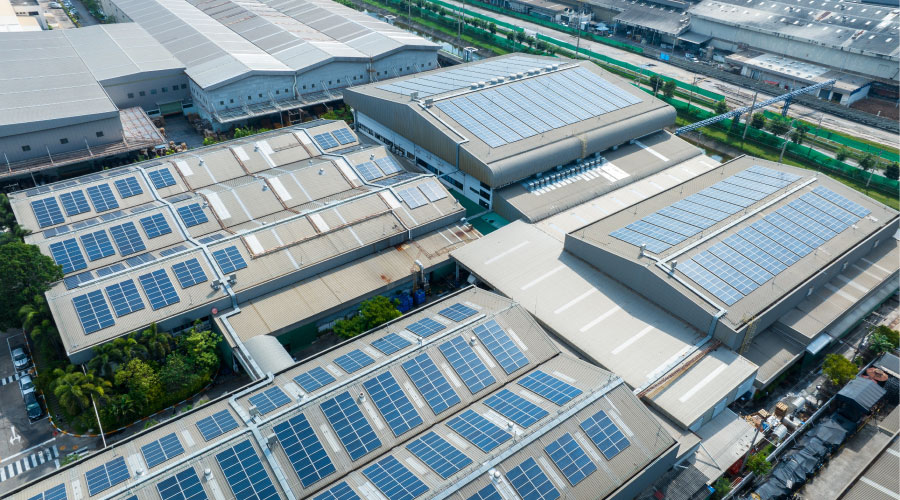Building System With Most Negative Effect on Energy Efficiency
Based on your experience, is there a particular area or system of a building that always seems to stand out for its negative effect on energy efficiency? And how can this nagging problem be addressed by a regular maintenance program?
For the purpose of this discussion, we’re excluding equipment that is specific to some industries, like manufacturing, laboratories, data centers, and the like. These types of facilities have their own set of unique concerns and usually highly skilled personnel to address them when they occur. HVAC systems are, for the most part, the most sophisticated, energy-intensive systems in most facilities. They are also the systems that require the greatest level of knowledge to maintain and are fraught with the most problems.
The skill set necessary to properly maintain an HVAC system does not exist in one person — it takes a village, or at least a series of professionals with varied knowledge. Even a facility manager with an engineering degree, skilled in the operation of his or her building, still requires a staff of professionals to assist in ensuring that the systems are maintained properly and operate optimally.
The most energy-intensive piece of equipment and the one shrouded in mystery for most professionals is the chiller. If not maintained and commissioned properly from the start, this piece of equipment will cost more money to operate than any other piece of equipment in the facility. A solid HVAC maintenance program that addresses these machines and the parasitic equipment that supports them will help increase the life and optimize the performance of the overall system. That will ensure the facility is using as little energy as necessary to operate optimally.
Answers provided by John J. Lembo, CEA, LEED AP. Lembo is vice president of TRC, an engineering, environmental consulting, and construction management firm.
Related Topics:














